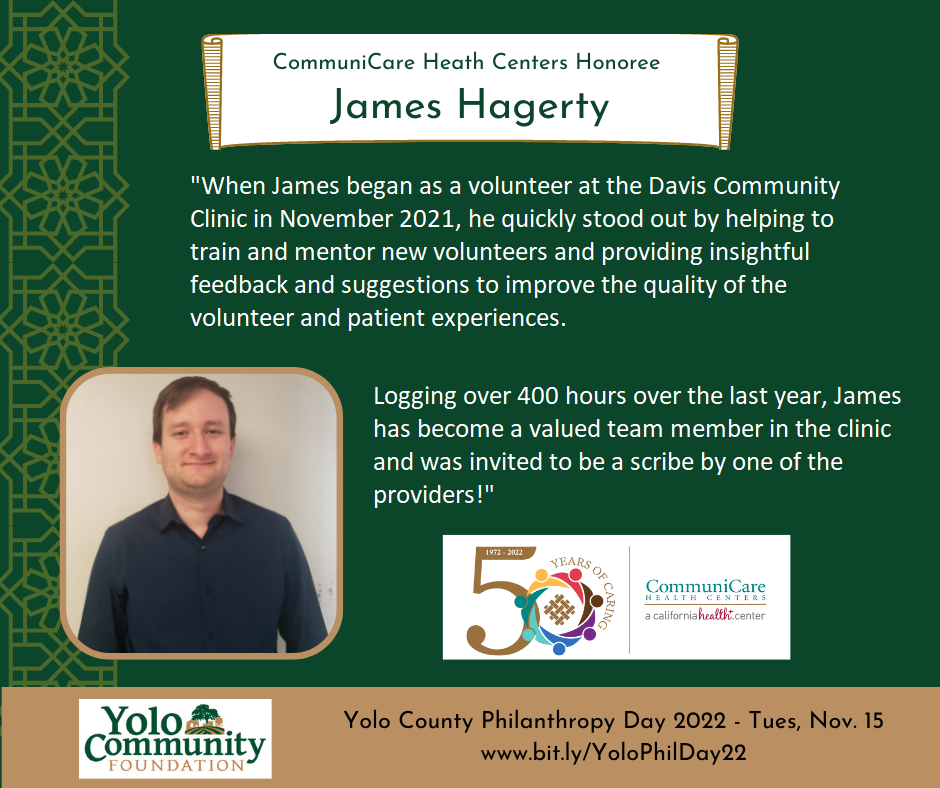Human papillomavirus (HPV) is a very common sexually transmitted virus. If you are sexually active, chances are you have had or currently have HPV. In fact, about 79 million Americans currently have it and most don’t even know. Most people don’t show signs.
Having HPV can increase a woman’s risk for cervical cancer and, each year, nearly 13,000 women in the United States are diagnosed with cervical cancer. Thankfully, your CommuniCare doctor can screen for you for HPV and provide a vaccine to help prevent HPV and related diseases, including cervical cancer.
Types of HPV
There are over 100 different types of HPV. Some may cause issues like genital warts. Other types can lead to cervical cell changes that can increase the risk of cervical cancer. Most are actually harmless and are cleared by your body naturally in one to two years.
How You Get HPV
HPV is spread through skin-to-skin contact, usually during sexual activity like vaginal, anal or oral sex. An infected person might show no signs or symptoms. Even if you have sex with only one person, anyone who is sexually active can get HPV. Condoms can provide some protection but only for the area they cover.
HPV Vaccination
Your doctor can vaccinate you to protect from both types of HPV – genital warts and cancer-causing. All boys and girls can get vaccinated as young as 12 and through age 26. Teens are better protected with vaccines and need just 2 doses up to age 14, and 3 doses needed for older youth. Ask your doctor about HPV vaccinations at your next visit.
Get Screened for HPV and Cervical Cancer
Your doctor can conduct a Pap test or an HPV test to look for cell changes in the cervix caused by HPV. This is recommended for women over 30. Abnormal cells may be cancerous or they may be other things. During a Pap test, cells are lightly scraped or brushed off the cervix and sent to be tested. An HPV test checks for the virus, not cell changes. You can have both tests done at the same appointment. Having both tests performed is the best way to find early cervical cancers and develop a strategy to combat the illness.
HPV Treatment
There is no cure for HPV, but there are treatments that have been shown to be effective at treating genital warts and precancerous cervical lesions caused by HPV. Again, not all HPV will cause symptoms or cancer. Younger people can get vaccinated against ever having HPV and it will normally clear on its own.
Make an Appointment Now
If you are diagnosed with HPV, remember that it is extremely common and normal for sexually active people, with 14 million new cases each year! CommuniCare has support services available for women and teens to provide you with more information and talk with you about your diagnosis. Check out www.nccc-online.org for more information about HPV. Make an appointment today at CommuniCare to get screened for HPV.
In Woodland – (530) 405-2800
In Davis – (530) 758-2060
In West Sacramento – (916) 403-2900




